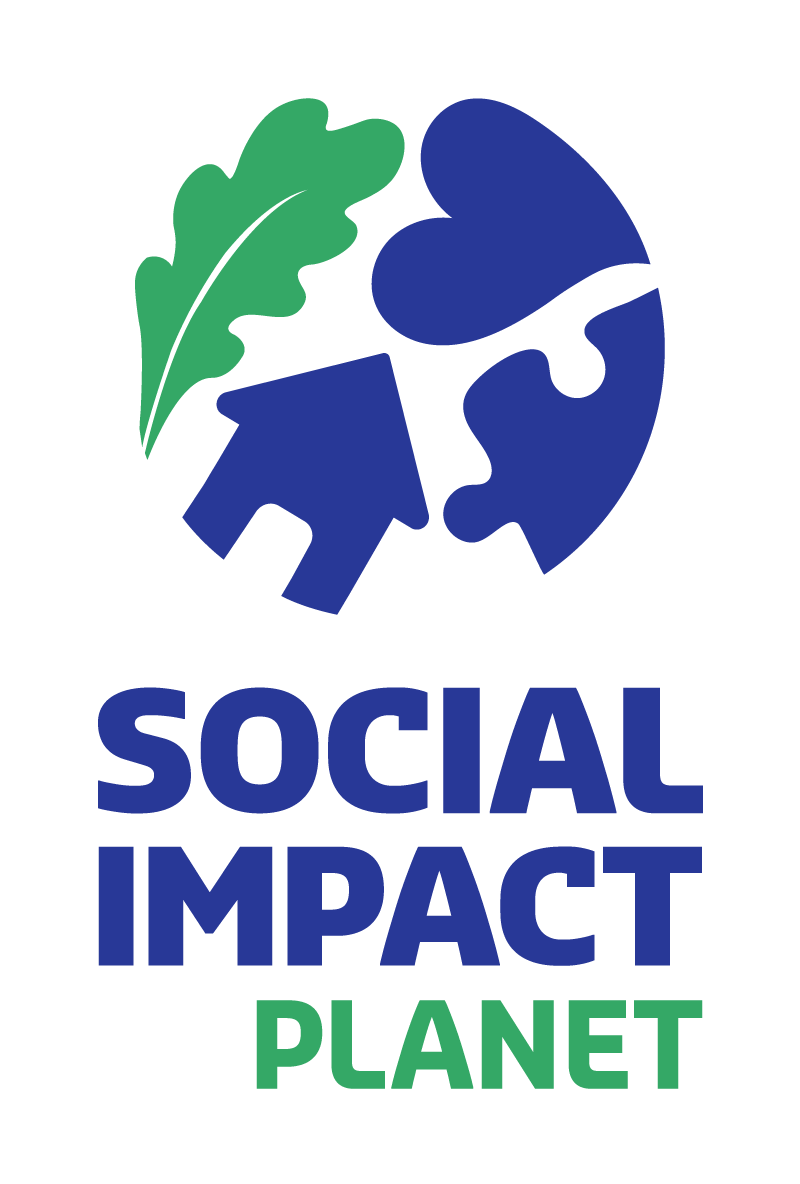 We all have a part to play in reducing the impact of our every day activities - including what we eat - on the environment. In our social impact pledge, we committed to increase the take-up of sustainable diet options by promoting sustainable and responsible sourcing and more plant-based choices to our clients.
We all have a part to play in reducing the impact of our every day activities - including what we eat - on the environment. In our social impact pledge, we committed to increase the take-up of sustainable diet options by promoting sustainable and responsible sourcing and more plant-based choices to our clients.
Supported by WWF, we have developed a definition of a “low-carbon” meal as one whose production generates 0.9 kgCO2e or less. Based on this definition and on the expertise and passion of our chefs, we are designing new recipes to ensure that 70% of the main dishes on our menus can be labelled “low-carbon” by 2030.
This objective has already been achieved in Norway and Sweden where 73% of the recipes developed are labelled “low-carbon”. Initiatives have been launched:
- The Sustainable Chef Challenge, a global competition bringing together the entire Sodexo chef community to share and promote innovative enhanced sustainable recipes.
- Assessments of carbon emissions generated per dish will be expanded to all countries, utilising tools which are currently being used in countries such as Norway, Sweden, Austria, Germany, and Belgium.
At the same time, to take direct action in terms of consumer demand, we are continuing and expanding awareness-raising initiatives, through more choices of tasty, healthy, and desirable recipes designed by an upskilled and passionate chefs’ community, aimed at helping evolve the habits of our 100 million daily consumers.
33%
of our menus will be plant-based worldwide by 2025
Sustainable Food Barometer: Accelerating change towards more sustainable diets
We have unveiled the UK results from our first annual Sustainable Food Barometer, with data taken from international research conducted with Harris Interactive.
The study, which surveyed more than a thousand UK consumers, identifies the change levers and barriers to accelerate change towards more sustainable diets.
This data in particular demonstrates the critical role we play in helping to reduce the carbon footprint of UK consumers’ diets.
External studies indicate that an average meal today accounts for between 2 and 2.5kg CO2e.
With this in mind, we are working towards 70% of our main meals being classified as low-carbon by 2030 – with a <0.9kg/CO2e science-based definition of low-carbon – but crucially, ensuring these are among the most tasty and affordable options we serve.
Serving up sustainable solutions
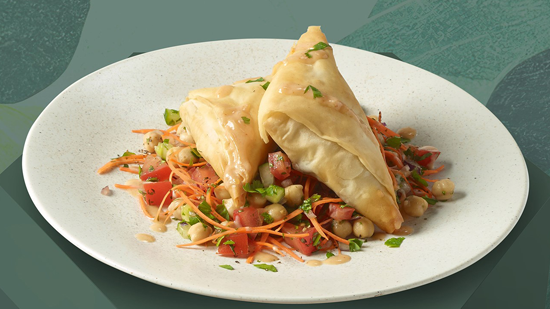
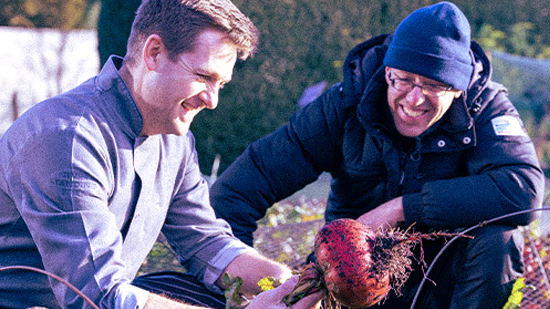
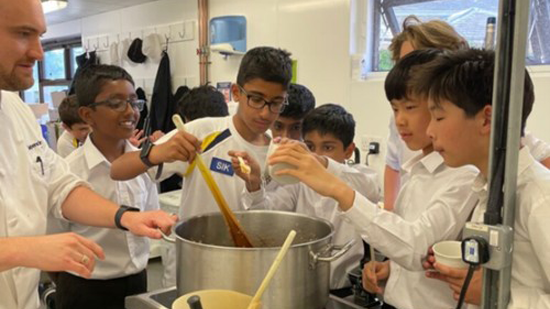

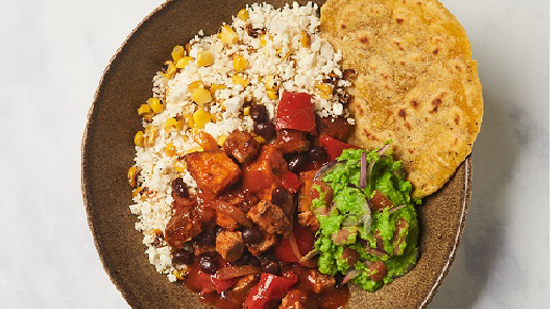
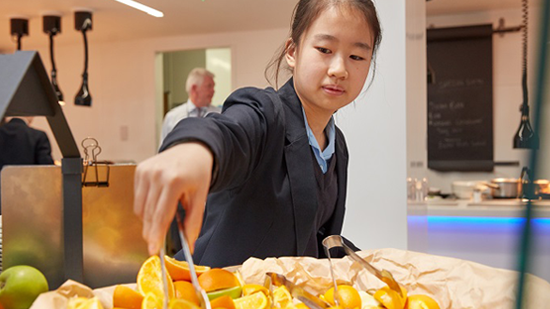
Healthy Futures Partnership with the British Nutrition Foundation
The Healthy Futures Partnership was formed following research in partnership with Business in the Community (BiTC), which identified that health and wellbeing and more specifically, nutrition education for children and young people, is a priority for our schools and university clients.
Responsible sourcing
We respond to client and customer expectations through our values by promoting purchasing policies that increase the use of environmentally sound and ethically sourced products.
We encourage our suppliers to share our ethical principles and procurement commitments. As such, we expect them to comply with our supply chain code of conduct, which covers human rights, business ethics and environmental management practices.
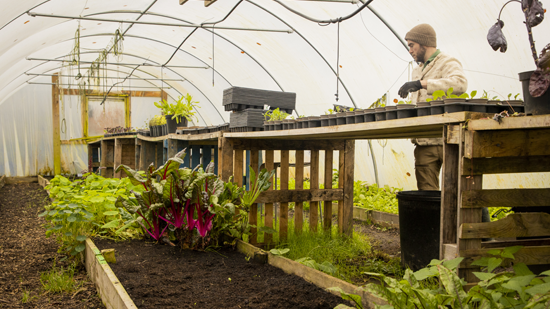
70%
of our main dishes will be labelled “low-carbon” by 2030
